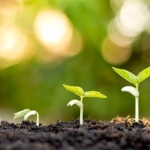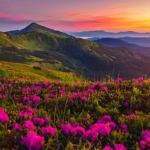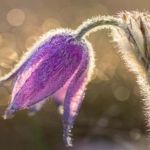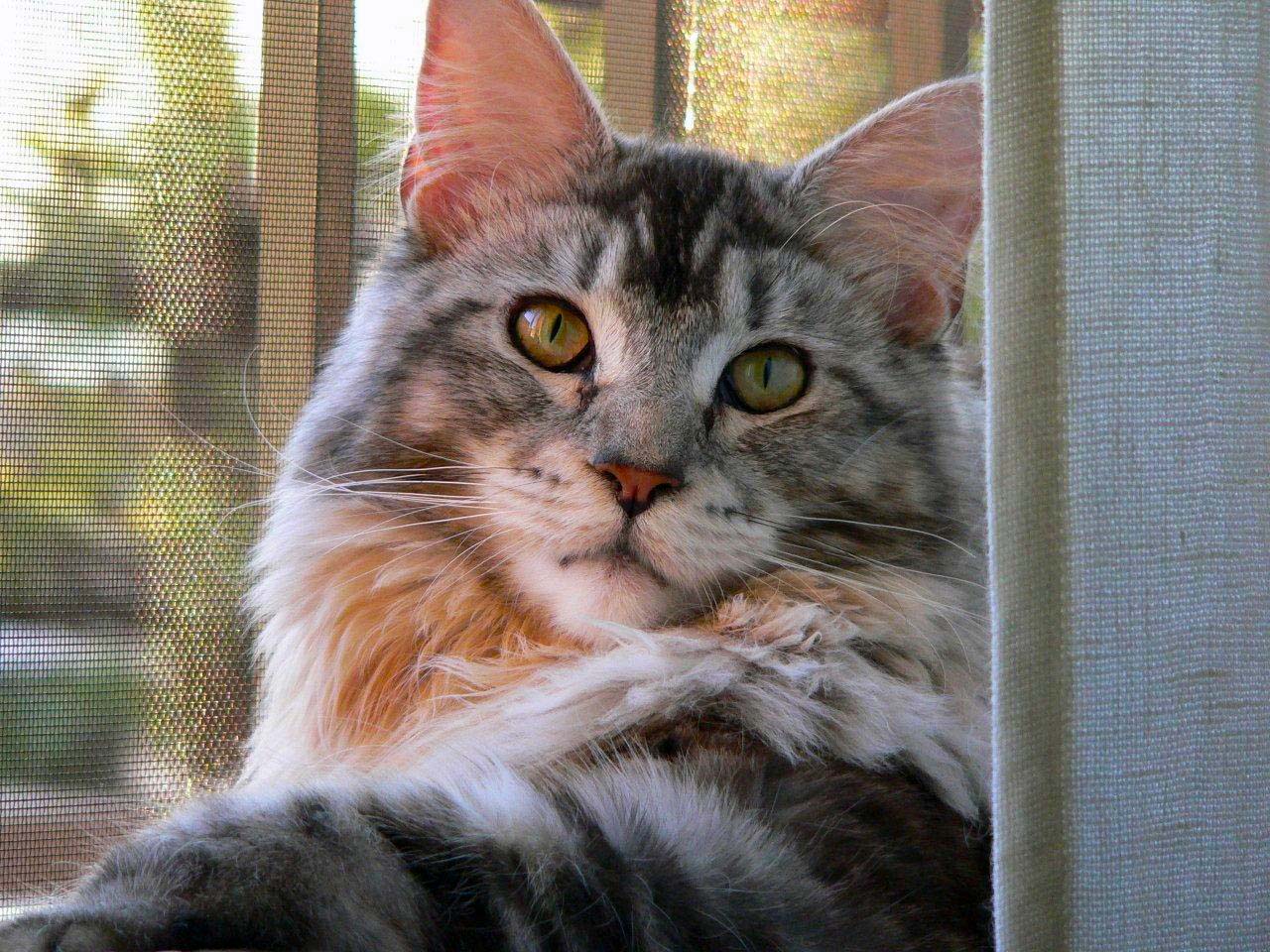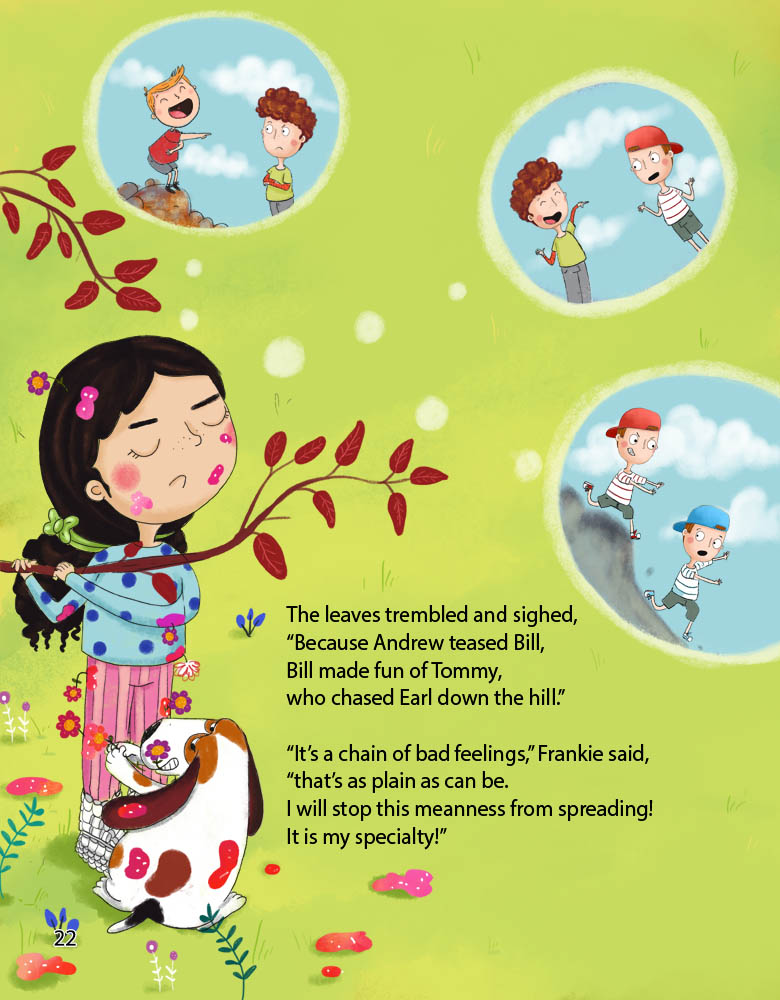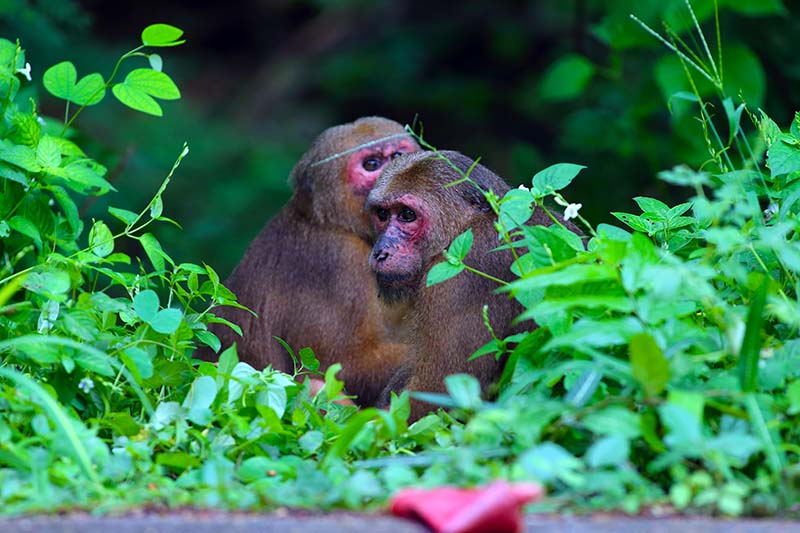1.5-minute read
Forest Protection – That’s A Yes
Here’s a quick update on forest conservation commitments from the COP26 UN Climate Change Conference:
To prevent the planet from warming beyond 1.5℃, we must reduce annual greenhouse gas emissions by 50% in the next eight years. Planting trees and keeping carbon-absorbing forests intact is an important component of this monumental but achievable mission.
Every six seconds, we’re losing a football pitch of tropical rainforest to deforestation. Millions of acres of forest in northern regions are also being lost to drought, pests, and wildfires worsened by climate change.
Aiming to avert catastrophic heating, last week, international delegates in Glasgow made some progress on the forest protection front. In a strong show of support for the future of the planet, 110 world leaders pledged to end deforestation by 2030, restore damaged land, develop sustainable agriculture for rural communities, and reaffirm financial commitments to Indigenous and local communities. The combined pledges account for 85% of the world’s forests.
To ensure that COP26 signatories walk the walk and deliver on commitments, real-time global satellite monitoring of forests will be critical. You can find out how eyes in the sky are helping to keep tabs on trees from Global Forest Watch.
The Best Bird is a Bat
And in case you missed it, the Forest & Bird numero uno, all-around champion, New Zealand Bird of the Year is—wait for it, a bat. The 2021 winner is the pekapeka-tua-roa, a.k.a. the long-tailed bat, one of the rarest bats in the world and one of only two mammals native to the island country. In an upset victory, the thumb-sized, furry night-flyer edged out 76 amazing birds to capture the crown.
The forest-dwelling micro-bat roosts in trunks and large limbs of trees in colonies of hundreds to thousands. As a result of introduced predators and deforestation, the bug-munching pekapeka is now in serious trouble. Because a bat’s gotta hang, and with only 14% of New Zealand’s indigenous forests remaining, conservationists are working to increase the number of potential roosting sites by preserving habitat, so the stretchy-winged wonder has a fighting chance at survival.
Although we apparently have a faulty bird chooser, as we’re zero for two with our 2021 Bird of the Year predictions, we’re always happy to celebrate the recognition of any precious creature in need of TLC (tender loving conservation). Congratulations little pekapeka, this year you’re batting 1000%!






